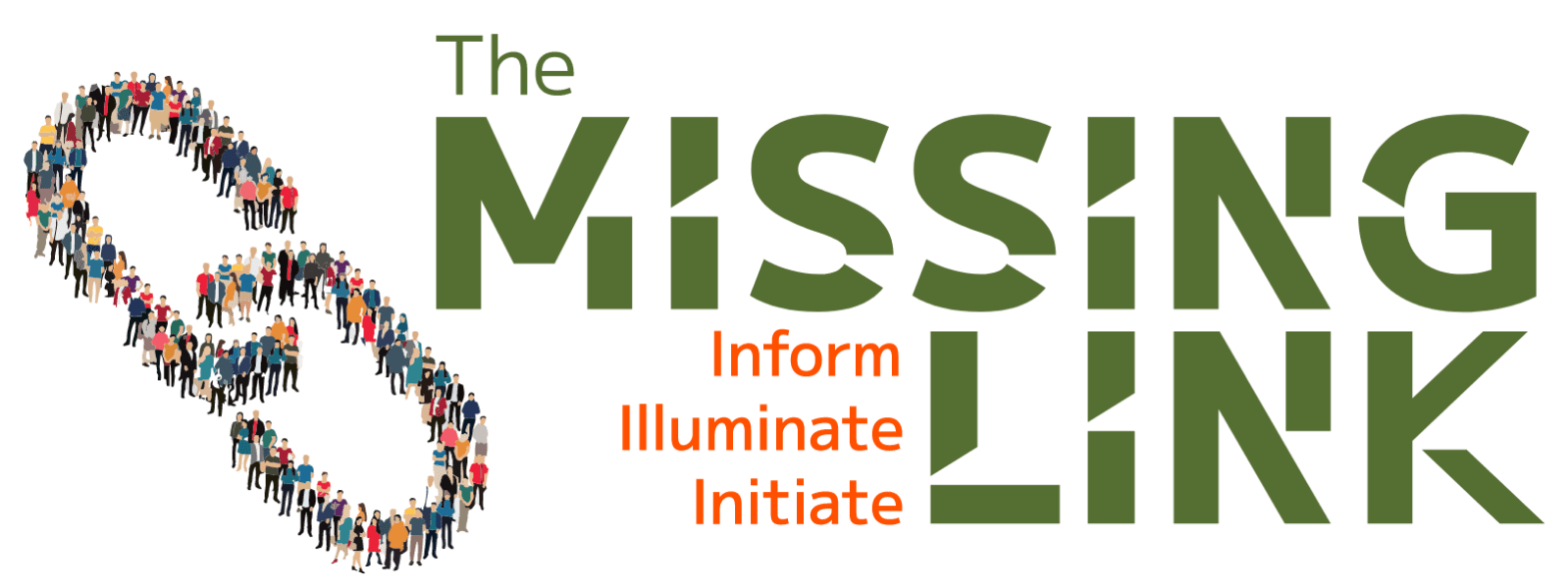What if living to 100—and staying healthy while doing it—became more common? Longevity, or the ability to live a long and healthy life, is influenced by three major factors: genetics, epigenetics, and lifestyle. While we can’t change the genes we’re born with, science is showing that how we live—and now, how we use technology—can have a big impact on how we age.
Genetics provides our body’s blueprint, determining risks for certain diseases and how our cells repair themselves. But even more important may be epigenetics—how lifestyle and environmental factors like diet, stress, and exercise affect the way our genes function. This means our choices can actually “turn on” or “turn off” certain genetic behaviors.
Communities known as Blue Zones (like Okinawa in Japan or Sardinia in Italy) show how daily habits—eating whole foods, staying active, and having strong social connections—can lead to longer, healthier lives.
But now, a new partner is entering the longevity conversation: Artificial Intelligence (AI).
AI is helping doctors and researchers analyze huge amounts of health data to detect risks early, discover new anti-aging drugs, and personalize health advice based on individual DNA. For example, AI tools can estimate your biological age (how old your body truly is) and recommend ways to reduce it through lifestyle changes.
Wearable devices powered by AI can monitor your sleep, heart rate, and physical activity, giving real-time feedback to improve your health. Even mental health is being supported through AI apps that detect mood changes and offer therapy tips.
Of course, technology has its limits. AI must be used carefully, ensuring data privacy and fairness. But when combined with smart lifestyle choices and medical science, AI offers exciting tools to help us not only live longer—but live better.
The future of aging is not just about adding years to life, but adding life to those years—and AI might just be the key.


